Members of the Muslim Brotherhood will take part in protests across Egypt to demonstrate against sweeping new powers taken by the ruling military council.
Over the weekend, the generals issued two decrees dissolving the Islamist-dominated parliament and claiming all legislative power for themselves.
MPs are also expected to try to enter the parliament building on Tuesday.
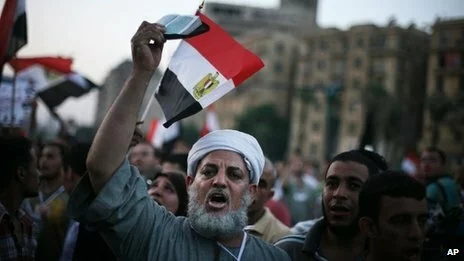
Meanwhile, with counting in the presidential election run-off complete, both candidates are claiming victory.
Mohammed Mursi, the head of the Brotherhood’s Freedom and Justice Party (FJP), said on Monday that he had won 52% of the vote.
Mr Mursi promised to work “hand-in-hand with all Egyptians for a better future, freedom, democracy, development and peace”.
But former Prime Minister Ahmed Shafiq’s campaign team said their figures showed that he was ahead and that the Brotherhood had “terrorised” voters.
Independent observers and state media believe Mr Mursi has won by a margin of about three to four percentage points, or about a million votes.
The official result is scheduled to be announced on Thursday.
‘Million-man march’
The Supreme Council of the Armed Forces (Scaf) appears to be working on the assumption that Mr Mursi will win, reports the BBC’s Jon Leyne in Cairo.
It has made a series decrees and appointments designed to reduce or constrain the power of the president, and entrench the power of the military.
Despite opposition talk of a “military coup”, it may end up being a messy compromise that everyone can live with, our correspondent says.
Voting over the weekend to choose a successor to Hosni Mubarak, who was forced to step down by last year’s uprising, was overshadowed by two Scaf decrees.
The first ordered the immediate dissolution of parliament following Thursday’s Supreme Constitutional Court ruling that the law governing the recent elections for the lower house was unconstitutional because party members had been allowed to contest seats in the lower house reserved for independents.
Troops were deployed outside the parliament building before the decree was issued on Saturday to prevent MPs gaining access. The FJP and the ultraconservative Salafist Nour party dominate both chambers.
The second decree, which was published after the polls closed on Sunday, amended the March 2011 constitutional declaration and gave the generals complete control over legislation and military affairs until fresh parliamentary elections are held.
The Scaf will also play a significant role in running the 100-member assembly that will draft the country’s new constitution.
The new president – who will take office without the oversight of a parliament and without a permanent constitution to define his powers or duties – will be able to form and dismiss a government, ratify and reject laws, and declare war, but only with Scaf’s approval.
Muslim Brotherhood members are set to protest against the decrees on Tuesday by taking part in a “million-man march” – the name they give for almost any demonstration in Egypt, our correspondent adds.
At the same time, MPs may attempt to enter parliament to protest against its dissolution. Soldiers have been given orders not to let them in.
Source: BBC

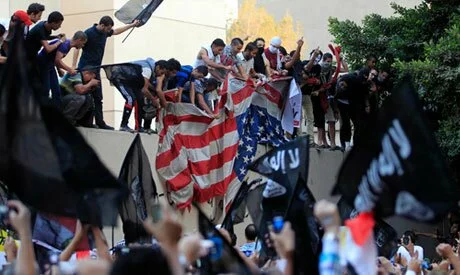
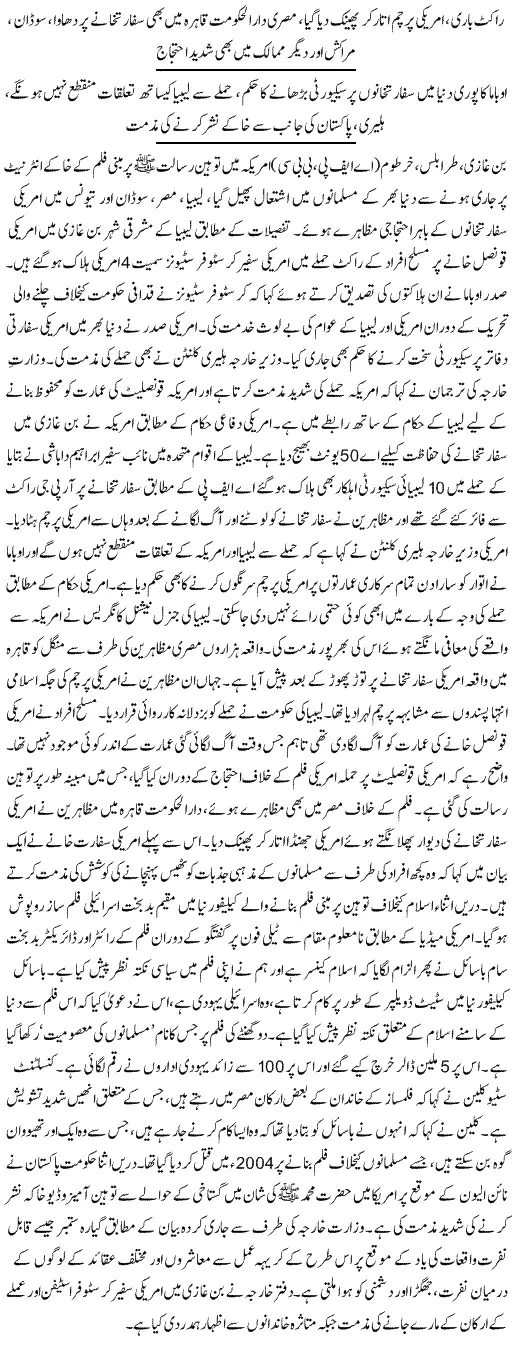
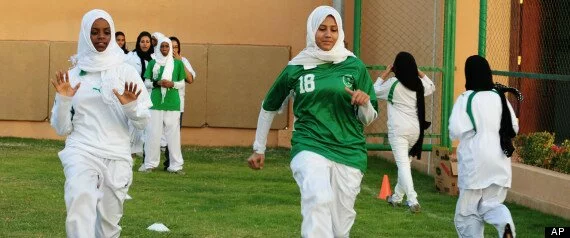

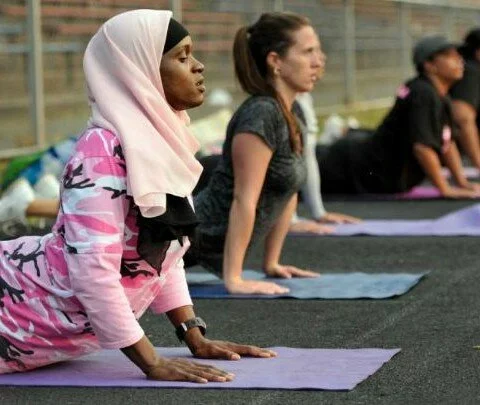
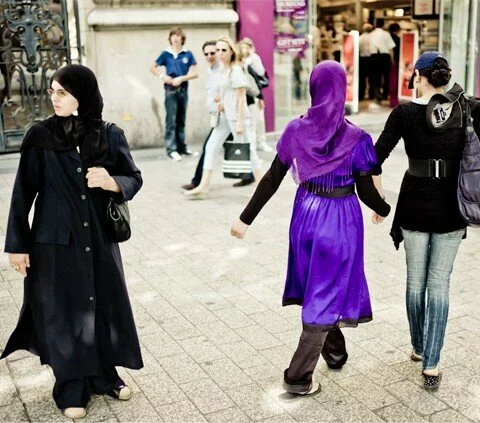



 Ramlah Bint Abi Sufyan was brave and fearless creature. She was the one who challenged her father Abu Sufyan ibn Harb, one of the chieftains of Makkah. She believed in one God and rejected the idolatrous ways of Quresh. She was married to Ubaydullah ibn Jahsh who brought Islam along with her.
Ramlah Bint Abi Sufyan was brave and fearless creature. She was the one who challenged her father Abu Sufyan ibn Harb, one of the chieftains of Makkah. She believed in one God and rejected the idolatrous ways of Quresh. She was married to Ubaydullah ibn Jahsh who brought Islam along with her.